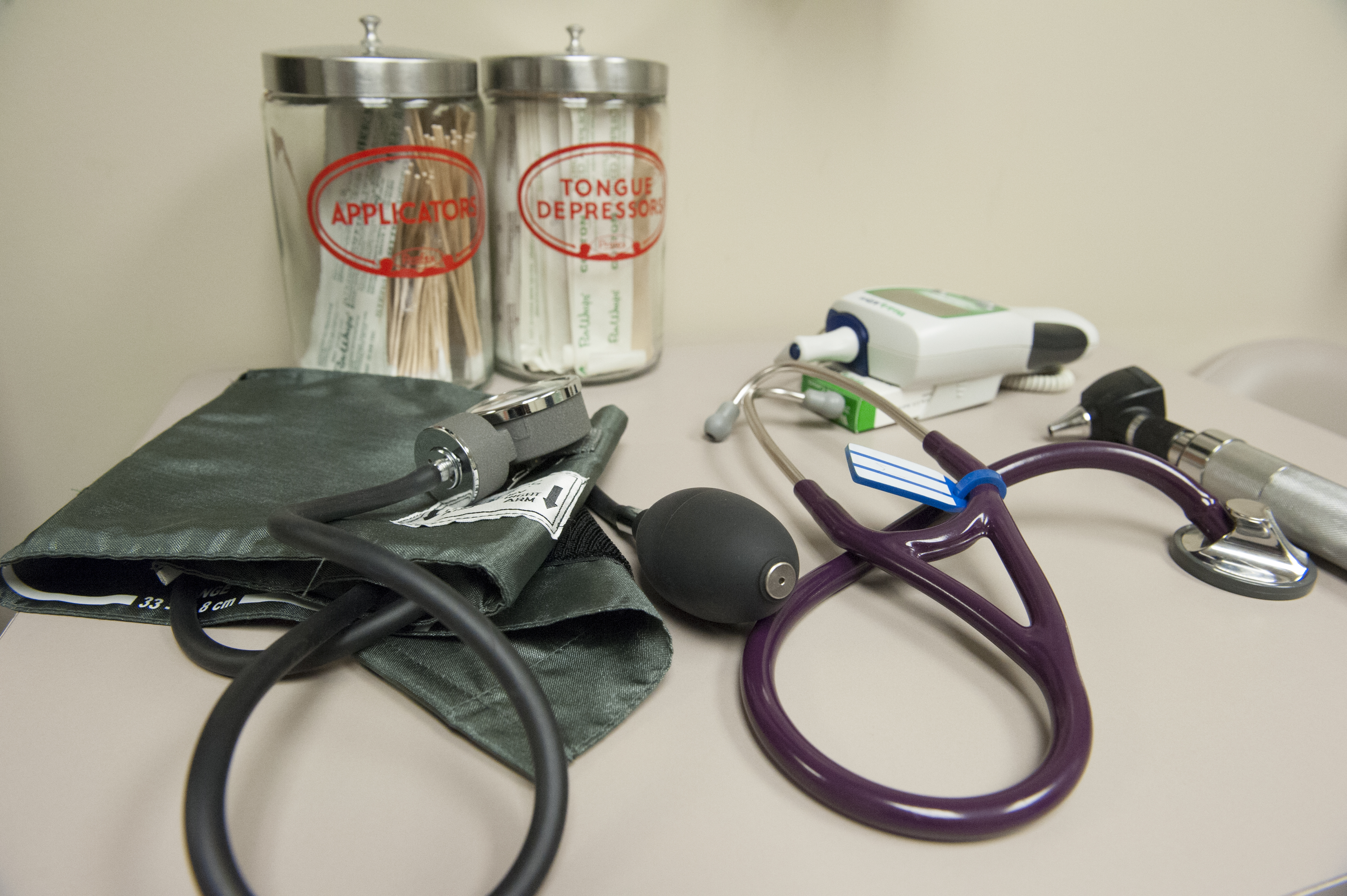Contact Information
Campus Center
Monday-Friday 8am-4pm
419-448-2041

If you’re reading this, perhaps something is not going the way you had planned in your life (failing grades, end of a romantic relationship, feeling scared or lonely).
Maybe you’re in so much emotional or psychological pain that you don’t know if you can handle it anymore? However, the fact that you are reading this means that one part of you does not want to die – even though it may feel like only a tiny bit of hope – there’s still hope and we can help you.
First, you’re not so alone. Many people at one time or another in their lives will think about suicide. Thinking about killing yourself when you feel down is actually not such an abnormal thought. You’re experiencing thoughts (e.g. I’m no good, Nothing goes right for me, etc.) or feelings (anger, sadness, rage, despair) that are so intense that they are beyond your ability to deal with them. These thoughts and feelings are not dangerous, but acting upon them is.
Second, when we’re in intense emotional or psychological pain and feeling very discouraged, it’s likely our thoughts will begin to focus on absolutes or extremes. For example, you might think “Nothing ever goes right for me” or “Nothing will ever change for me.” Further, you might find yourself thinking that maybe you’re on a losing streak and that things will always be the same or never change. Lastly, you might even feel angry or enraged about the direction of your life. Try not to panic even though you’re feeling so discouraged or angry. These are the types of thoughts and/or feelings a person experiences when they’re not able to move toward goals (e.g. having academic success, or finding/keeping a romantic relationship).
Essentially, your emotional pain is exceeding your coping ability. This pain might feel quite permanent and unchangeable. When we’re feeling so hopeless and thinking we’re helpless, we’re unable to see any other options (we experience a type of tunnel vision). However, we have very good evidence that tells us that if we are able to ask for help (yes, simply letting others know you’re overwhelmed) is comforting and can help you think of other options. So, the bottom line is please reach out and contact us.
Campus Center
Monday-Friday 8am-4pm

